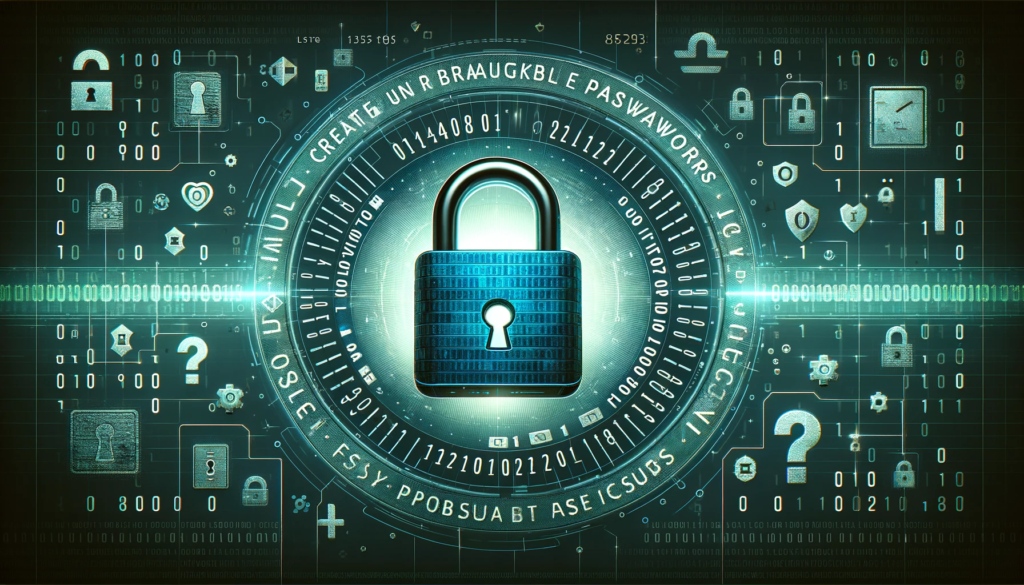
Creating unbreakable passwords is crucial for digital security. Here are comprehensive tips and techniques to enhance your password strength:
Length and Complexity
- Length Matters: Aim for passwords that are at least 12 characters long; the longer, the better. Some experts even recommend 16 characters or more.
- Mix of Characters: Use a combination of uppercase and lowercase letters, numbers, and symbols. This diversification makes it harder for hackers to crack your password using brute force or dictionary attacks.
- Use of Uppercase and Lowercase Letters: Randomly mix uppercase and lowercase letters rather than following predictable patterns like capitalizing only the first letter.
- Incorporate Numbers and Symbols: Include less common symbols and numbers that aren’t related to personal information to increase password complexity.
Avoiding Predictability
- Unique Passwords for Each Account: Avoid using the same password across multiple accounts to reduce the risk of multiple account breaches.
- Avoid Personal Information: Don’t use easily guessable details like your name, birthdate, or address, which can be obtained through social engineering.
- Passphrases: Consider using a memorable yet complex passphrase instead of a single word. A random combination of words, integrated with numbers and symbols, can be both secure and easier to remember.
Tools and Best Practices
- Password Managers: Use password managers to generate and store strong, unique passwords for different accounts.
- Long and Memorable Passphrases: A mix of random words or phrases, longer than the usual 8 characters, enhances security. A 32-character password is significantly stronger than an 8-character one.
- Changing Passwords: Change your password only when necessary, such as when it’s stolen or phished, rather than making frequent changes which can lead to weaker security practices like password reuse.
An unbreakable password is one that is long, complex, unique, and devoid of personal information. Using tools like password managers can help manage the complexity and uniqueness of your passwords. It’s also important to regularly review and update your passwords, especially if they may have been compromised.